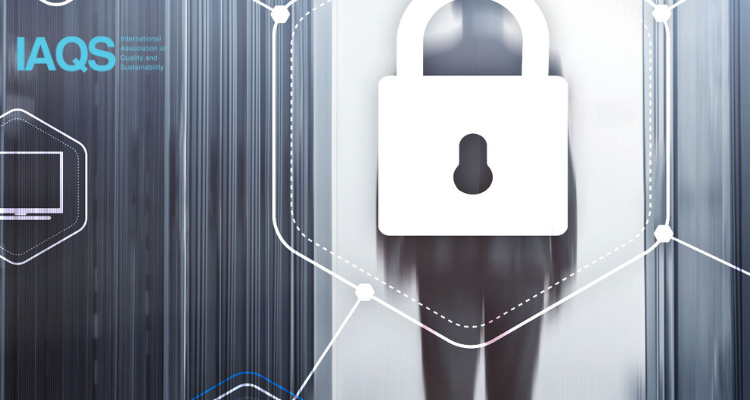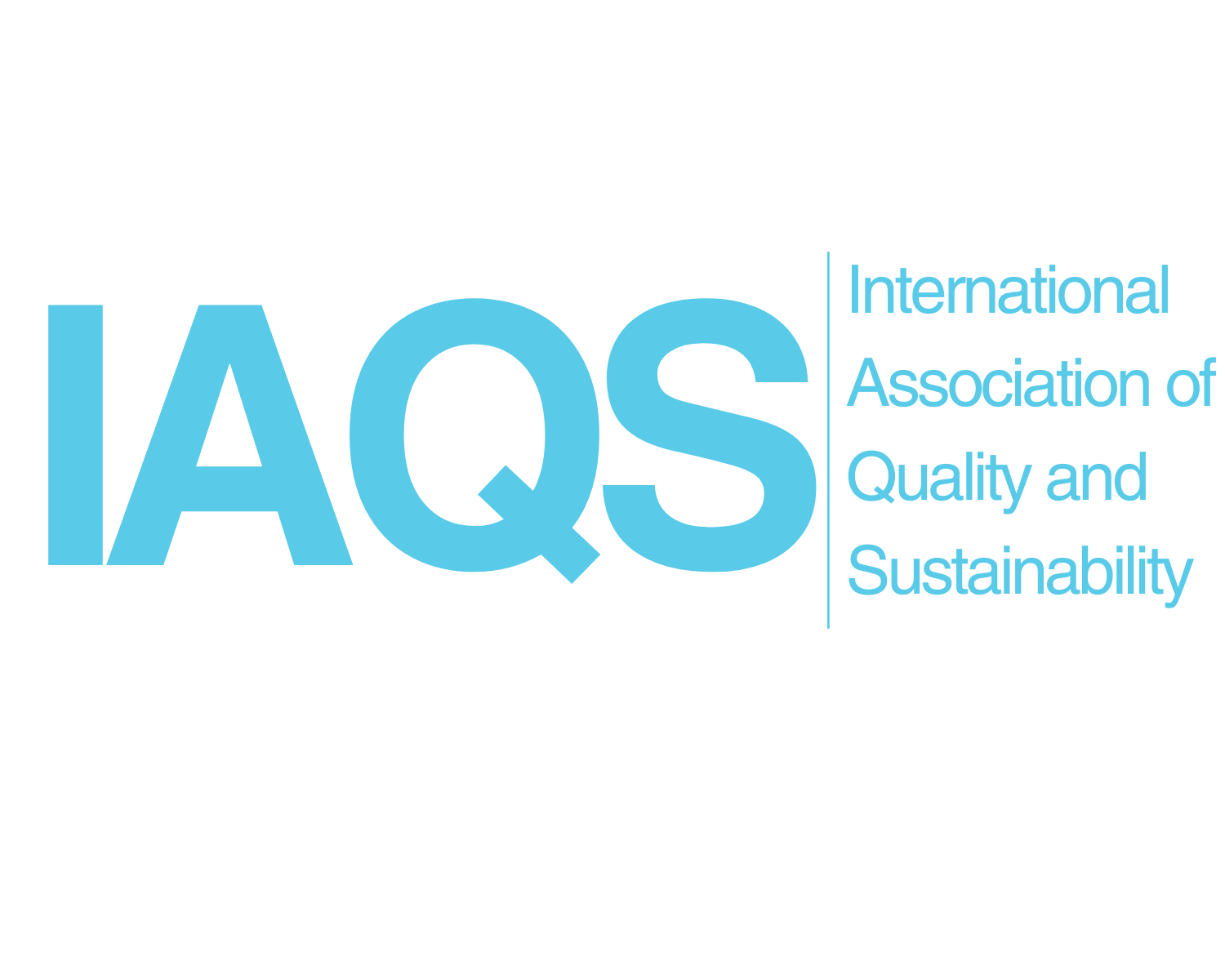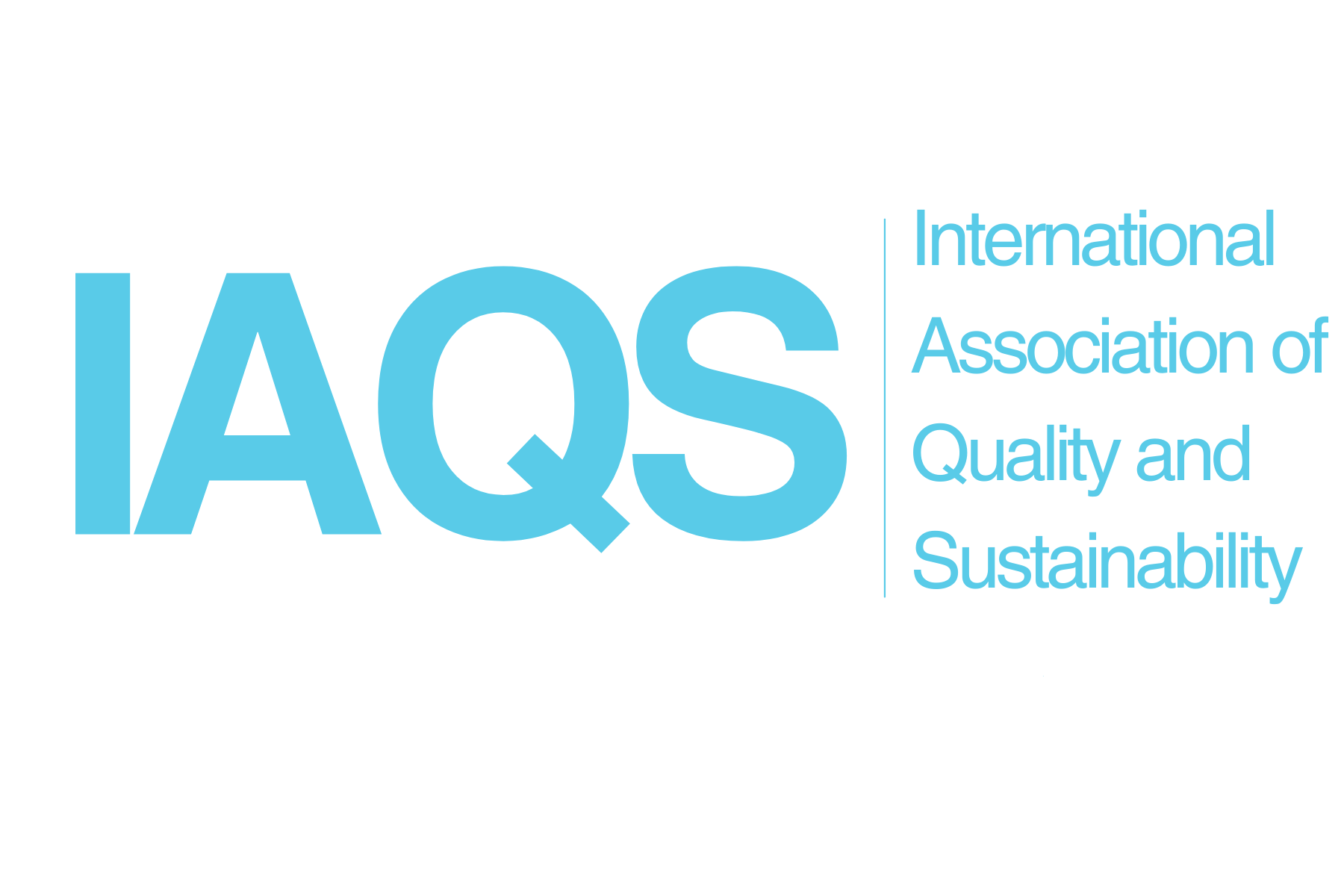The Importance of ISO 27001 Lead Auditor Training for Information Security

In today’s digital age, information security is paramount for organizations of all sizes. Ensuring the confidentiality, integrity, and availability of data is critical to maintaining trust and operational efficiency. The ISO 27001 standard provides a robust framework for establishing, implementing, maintaining, and continually improving an Information Security Management System (ISMS). One of the key components of this framework is the role of the lead auditor, who is crucial in assessing and ensuring compliance with the standard.
ISO 27001 lead auditor training equips professionals with the necessary skills and knowledge to effectively audit an ISMS. This training is vital because it helps auditors understand the intricacies of the standard and how to apply it within various organizational contexts. Through comprehensive training, lead auditors learn how to plan, conduct, and report on audits, ensuring that the ISMS meets all necessary requirements and is effectively protecting the organization’s information assets.
One of the primary benefits of ISO 27001 lead auditor training is the enhanced ability to identify and assess risks. Auditors are trained to evaluate an organization’s risk management processes, ensuring that all potential threats to information security are identified and appropriately mitigated. This proactive approach to risk management is essential for preventing data breaches and other security incidents that could have severe consequences for the organization.
Additionally, ISO 27001 lead auditor training fosters a deep understanding of compliance requirements. Organizations must comply with various legal, regulatory, and contractual obligations related to information security. Trained lead auditors are well-versed in these requirements and can ensure that the organization’s ISMS aligns with all relevant standards and regulations. This compliance not only helps avoid legal penalties but also enhances the organization’s reputation and trustworthiness.
Another critical aspect of ISO 27001 lead auditor training is the development of effective communication skills. Auditors must be able to clearly and accurately convey their findings and recommendations to management and other stakeholders. Effective communication is essential for ensuring that any identified issues are understood and addressed promptly, thereby enhancing the overall effectiveness of the ISMS.
ISO 27001 lead auditor training also emphasizes the importance of continual improvement. Auditors learn how to assess the effectiveness of the ISMS and identify opportunities for improvement. This continuous improvement approach helps organizations stay ahead of emerging threats and adapt to changes in the information security landscape, ensuring long-term protection of their information assets.
In conclusion, ISO 27001 lead auditor training is a critical investment for organizations committed to robust information security. It provides auditors with the expertise needed to ensure compliance with the ISO 27001 standard, effectively manage risks, and foster a culture of continuous improvement. By prioritizing this training, organizations can significantly enhance their information security posture and safeguard their valuable data against potential threats.

